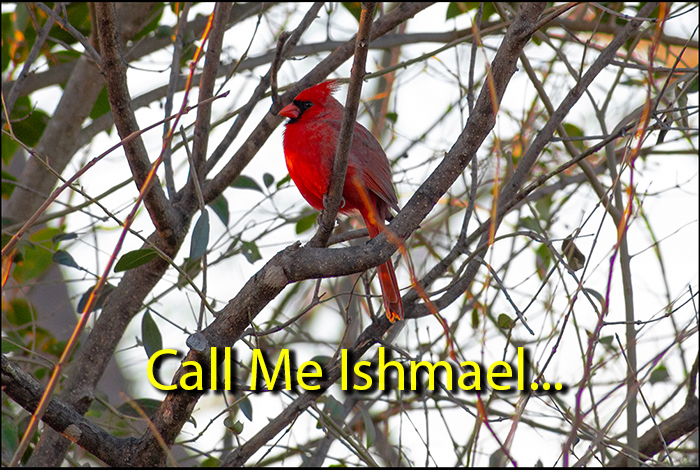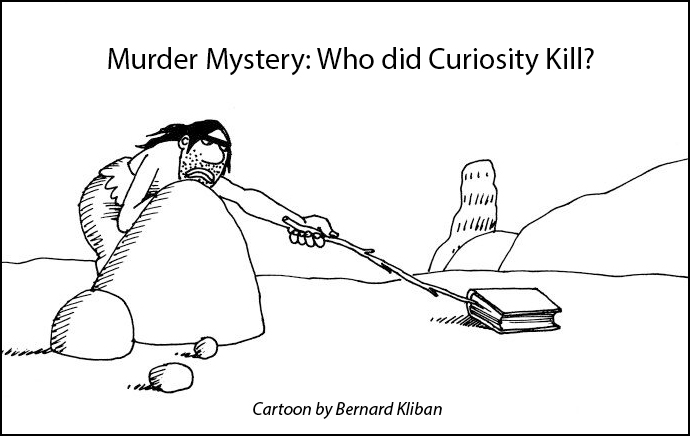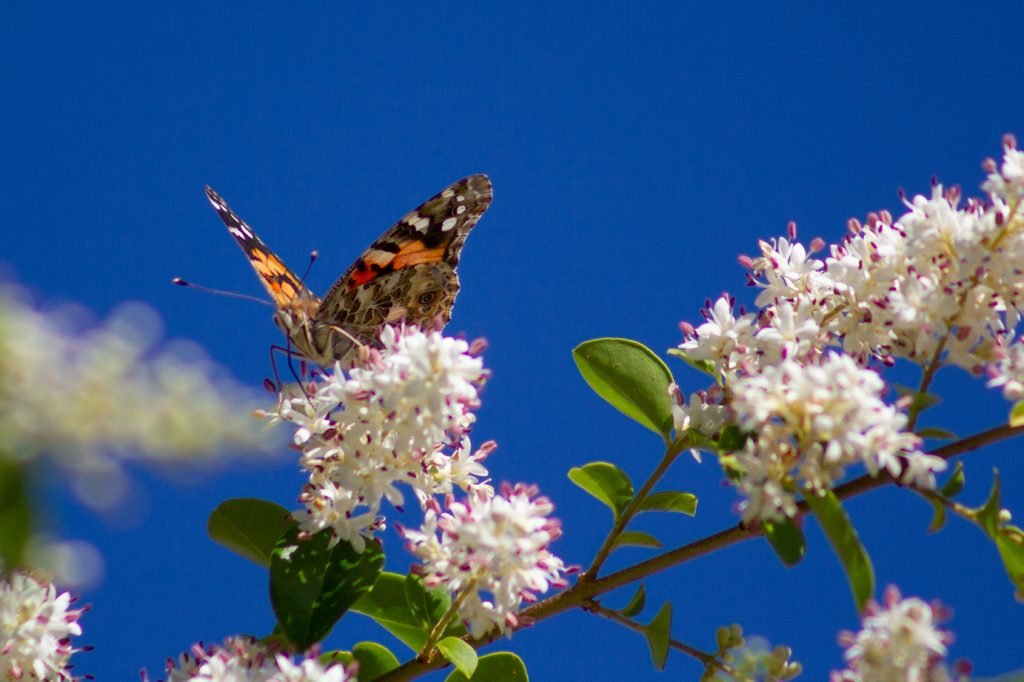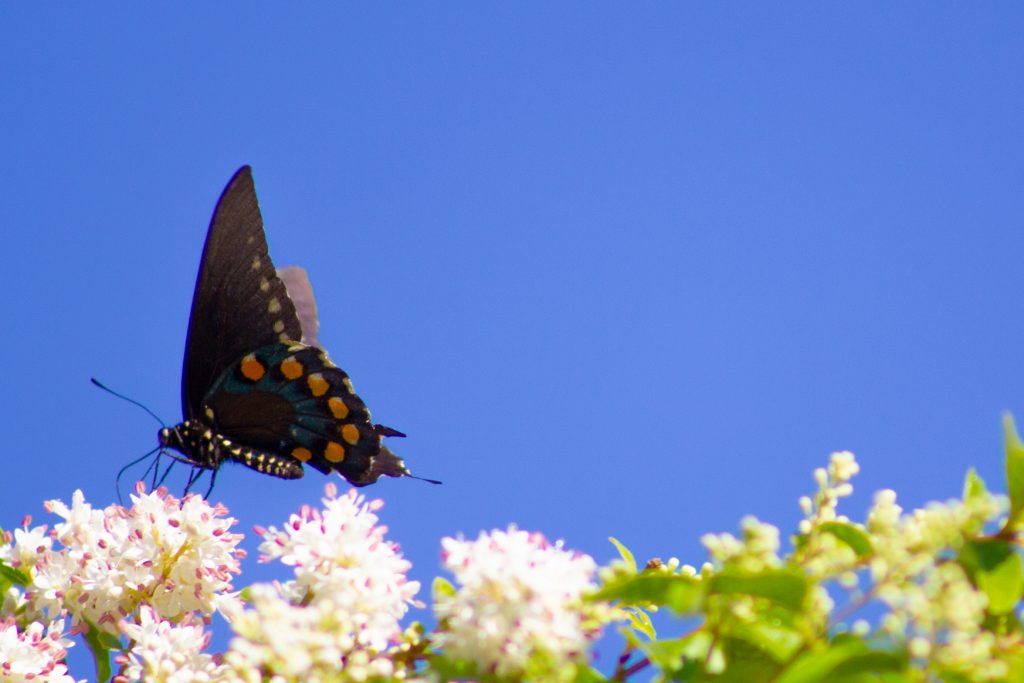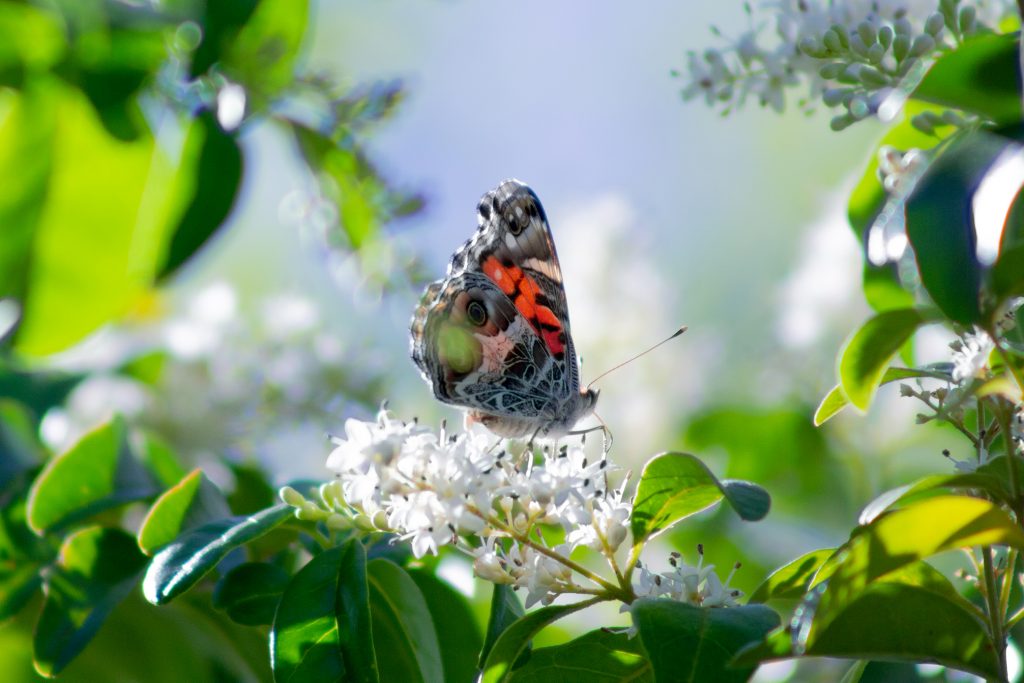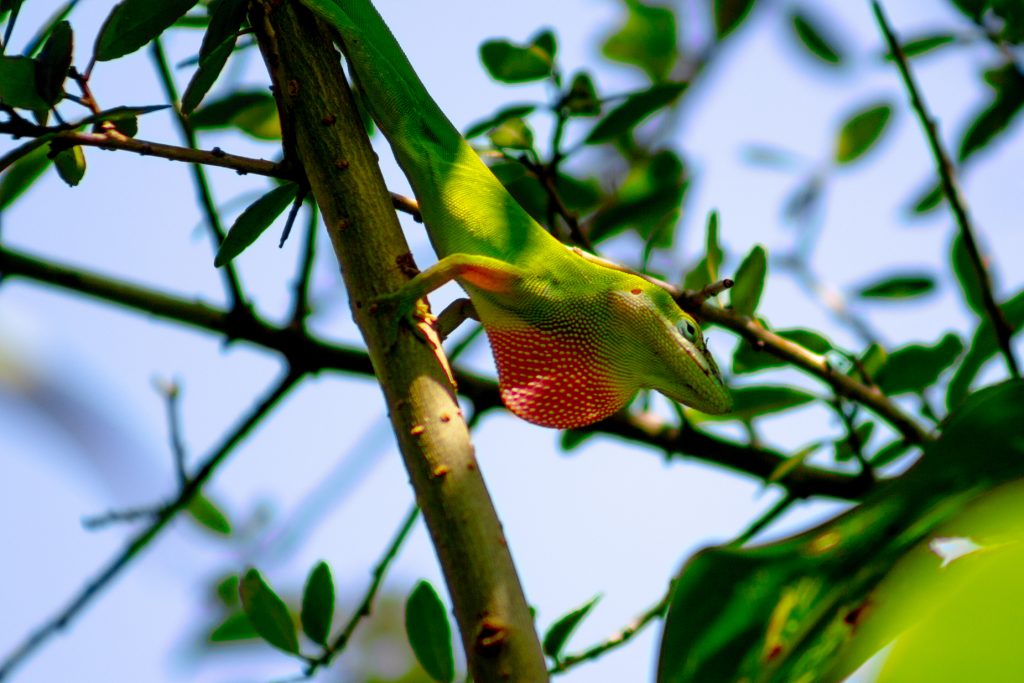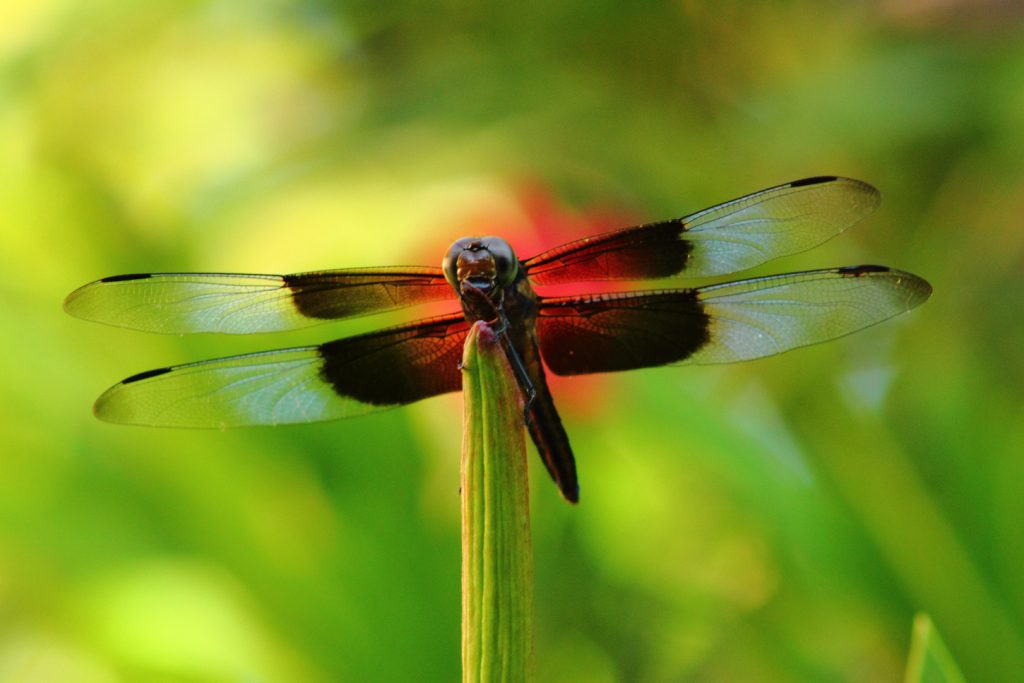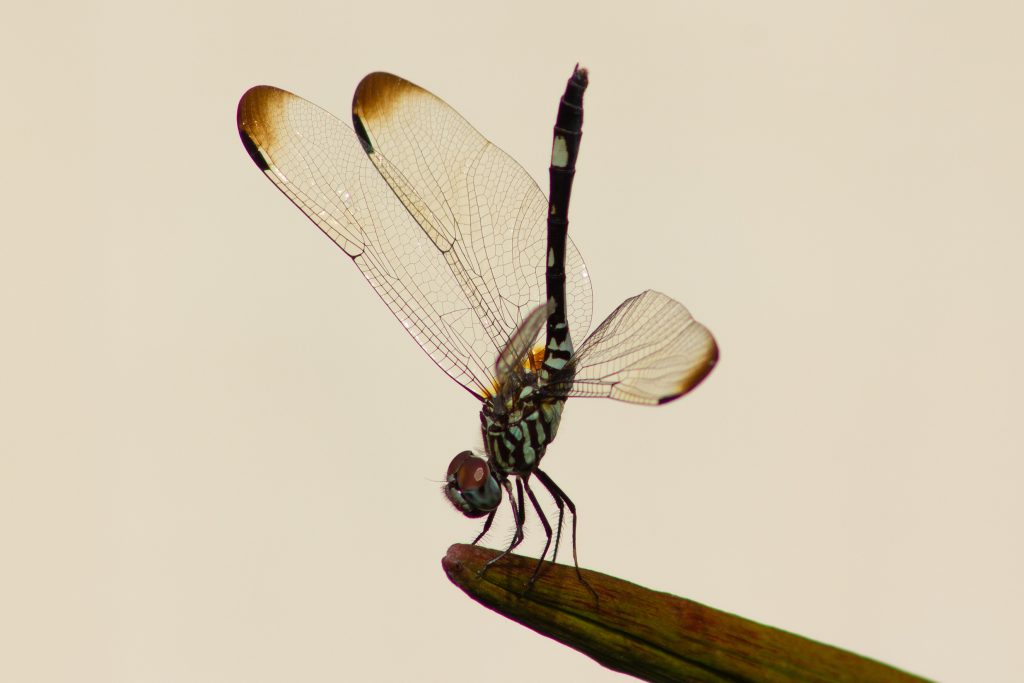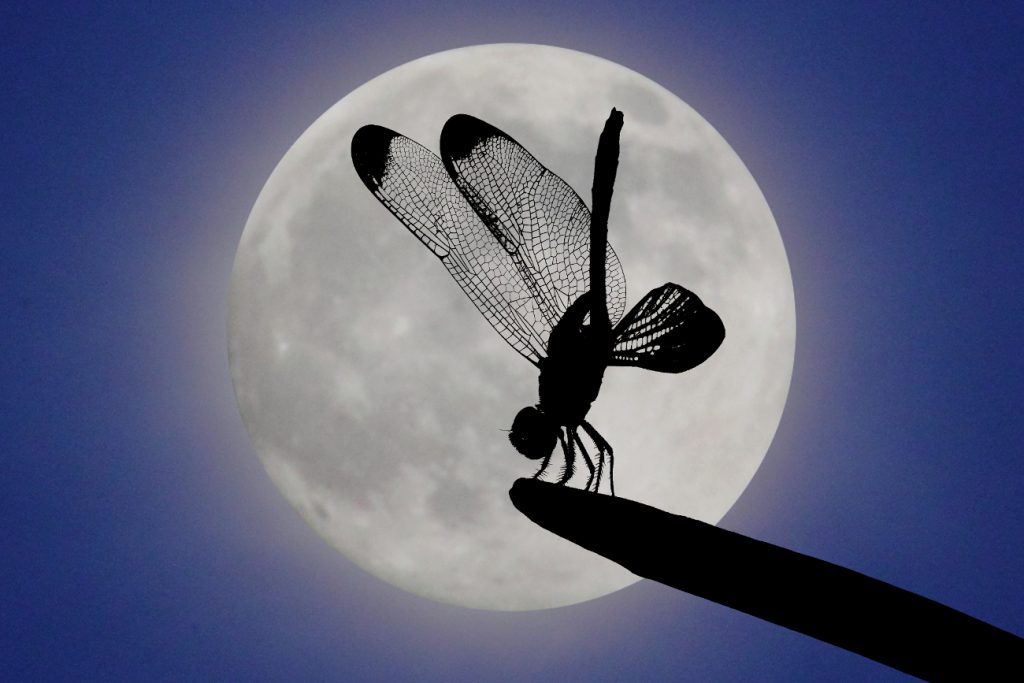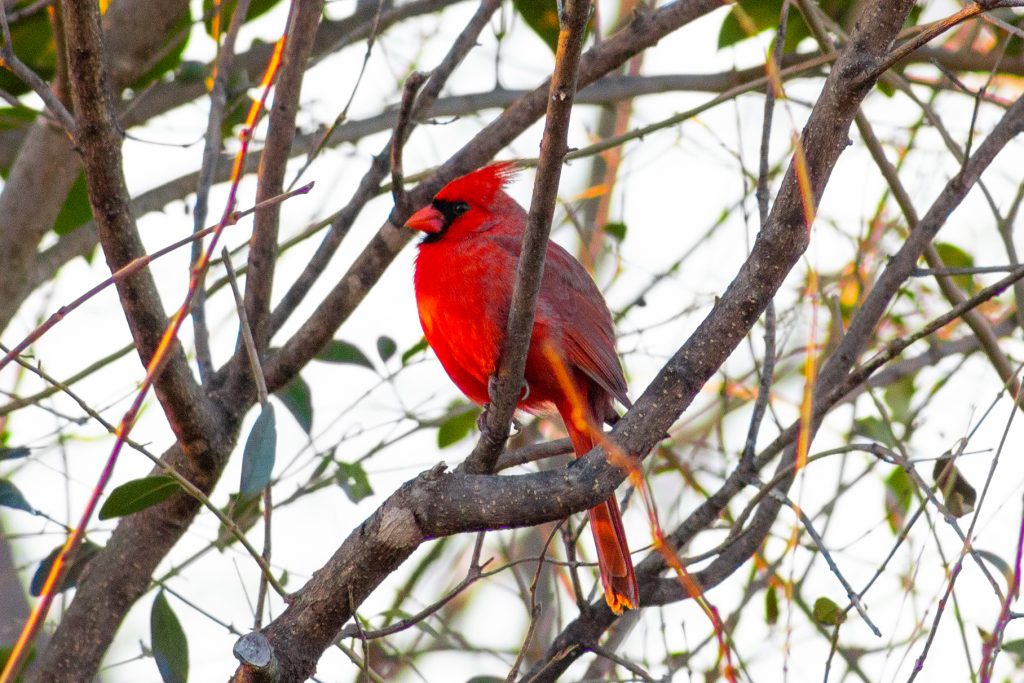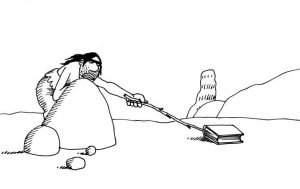
Cartoon by Bernard Kliban
How would you complete this sentence?
Curiosity killed ______.
Okay. We’ve all heard the old saying that involves curiosity and cats. So, I’d like to ask you to hold off answering the question until the end of this article to see if an exploration of curiosity as a topic might affect your answer.
Curiosity’s Place in the History of Humankind
There are no doubt countless examples of curiosity’s role in the shaping of humanity’s history. A couple come to mind that involve two different men’s curiosity about glass lenses.
In the late 1600s, a fellow from the Netherlands by the name of Antonie van Leeuwenhoek had been experimenting with grinding lenses and placing them inline in a narrow brass tube. He was experimenting with an early microscope design. Through this tube, he could see ordinary objects greatly magnified. He was a draper by trade, so one of the first things he looked at was fabric. Fascinated by what he saw, he was inspired to look at things like insects (fleas were a hot topic), human hairs, etc. Then one day he looked at a drop of lake water under his microscope and was amazed to see the small sample of water teeming with life. He published his findings in a scientific journal in 1683. It is believed that he was the first human to see bacteria.
Earlier that same century, a fellow by the name of Galileo Galilei had been working on ways to improve the design of a Dutch “military spyglass”. Once he had improved upon the design to his satisfaction, he turned his looking glass to the heavens. He found the moon’s features of craters, mountains, and valleys to be fascinating. Then he turned the telescope to Jupiter where he clearly saw four of Jupiter’s moons and noticed from night to night that the configuration of these moons varied greatly. Through more exploration, he found that he could see the phases of Venus. His findings led to confirmation (as Copernicus had years before postulated) that the Earth wasn’t the center of the universe. The Sun was the center of our solar system and all the visible planets (including Earth) rotated around this sun.
What do these two stories have in common? Curiosity of course.
The Importance of Curiosity
Curiosity is staggeringly important to humankind.
It could be said that curiosity is as crucial to a thriving humanity as is our instinct for survival. Our strong desire to survive has certainly been key to humanity’s longevity on this planet. But curiosity has kept us moving forward.
If Galileo and Antonie hadn’t been curious about combining ground lenses on either end of a tube, we wouldn’t have learned what we know about our place in the universe or figured out what makes us sick and how to fight it.
The drive to discover “what would happen if” is wired into brains. If our ancestors hadn’t been curious about fire, we’d never have learned to light the night to fend off predators, and later learn to make pottery and metals. Fire helped our ancestors stay warm in the winter and made meals safer (and tastier). Without the drive of curiosity, we might still be living in caves and wouldn’t enjoy things like central heat and cooling, automobiles, TV, smartphones, computers, and the Internet. The list goes on.
Curiosity at a Personal Level
But how does curiosity fit into our personal lives?
We often hear the phrase, “Follow your passion”. The thing is, we don’t all have passions. Some people hear that advice, and they find themselves feeling lost and directionless. Paralyzed.
Elizabeth Gilbert, in her book Big Magic, encourages people instead to follow their curiosity. A friend or acquaintance might say, “I’m going to stay at a haunted bed and breakfast this weekend.” If it sparks your curiosity, ask about it. If you see something on TV that piques your curiosity, follow up on it. Make Google your best friend. And yes, there are still libraries.
You’d be amazed at the benefits of following your curiosity. They say that “necessity is the mother of invention”, but so is curiosity.
Furthermore, curiosity can lead to passion.
There are other benefits to curiosity.
There are numerous studies and articles encouraging people to learn new things and keep their minds engaged as a way to delay the onset of dementia. Here’s an article from Johns Hopkins as an example.
https://www.hopkinsmedicine.org/health/wellness-and-prevention/does-higher-learning-combat-dementia
Tips on Staying Curious
Being curious doesn’t take a lot of work. Here are a few tips:
- Keep your eyes and ears open. If you hear about something that piques your interest, follow up on it.
- Keep a small notebook around with you. Jot down things that interest you.
- Make Google your best friend. (Of course not everything you read, see, or hear on the internet is true, so be a little cautious and use common sense.)
***
In closing, don’t be afraid to be curious.
Sure. Curiosity comes with risk. Our ancestors instinctively understood this. Fire burns. Some plants are poisonous. Some tribes are hostile. But those who went before us were somehow able to weigh the risk of exploring something new with their drive to be safe and survive. The result: our ancestors moved out of their caves. Villages sprang up. Villages grew into cities. Animals were domesticated. Metals were fashioned. Villages grew into cities. The causes of diseases were discovered. Cures were developed. Men walked on the moon. All because someone, somewhere at some time was curious.
I opened this article with a fill-in-the-blank question:
Curiosity killed __________.
The common saying of course is “Curiosity killed the cat.” The meaning is to always play it safe. Fight the desire to discover. It will only get you into trouble.
But I look around and still see cats, so I’ll postulate that curiosity didn’t kill the cat. It might have at some point killed a cat.
I will also say that if you look around, there is one thing you see very little of: people living in caves.
So that will be my final answer: Curiosity killed the caveman.
Think about it.
And stay curious my friends.

